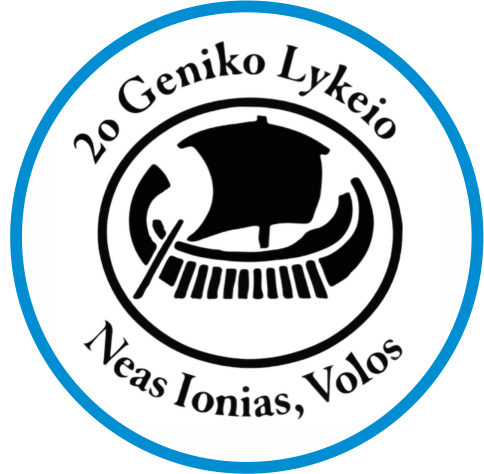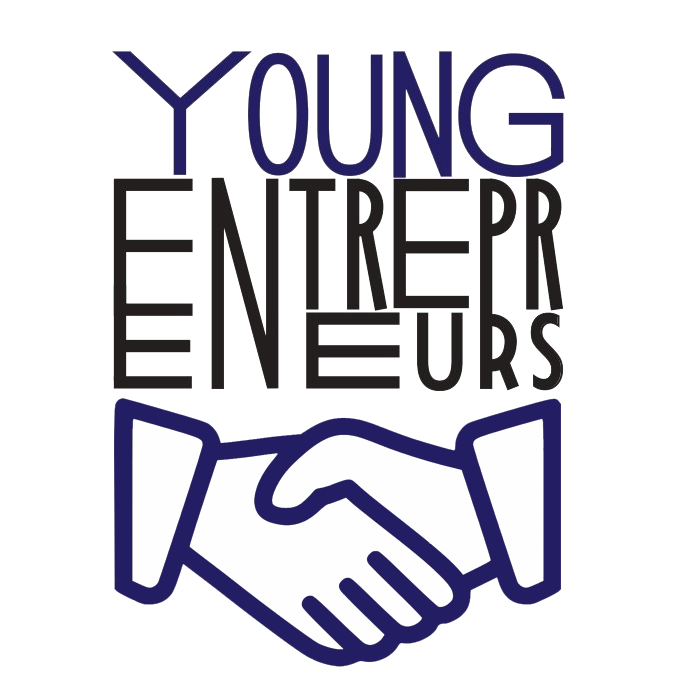Greece
2o GENIKO LYKEIO NEAS IONIAS MAGNISIAS (GREECE)
 The 2nd secondary school of Nea Lonia-Volos is in the town of Volos in central Greece. It is a general secondary school with 32 staff and more than 300 students. Age range of our students is from 14-15 to 18 years. We’re in the same building complex with a vocational upper secondary school and share part of the facilities, like conference, theatre room, gym hall. Greece and Greek society have undergone a transformation in the last 30 years and those changes are reflected in our school which, when founded in 1985, was a pilot school, very innovative for that time. Not any more though.
The 2nd secondary school of Nea Lonia-Volos is in the town of Volos in central Greece. It is a general secondary school with 32 staff and more than 300 students. Age range of our students is from 14-15 to 18 years. We’re in the same building complex with a vocational upper secondary school and share part of the facilities, like conference, theatre room, gym hall. Greece and Greek society have undergone a transformation in the last 30 years and those changes are reflected in our school which, when founded in 1985, was a pilot school, very innovative for that time. Not any more though.
Recession has hit the area hard, and the unemployment figures have risen in the last few years, as one after the other big factories closed in the town’s industrial zone. Due to lack of a better option in the job market, pupils tend to continue their studies, hoping for a better future. Teachers in school form now a young team of enthusiastic and committed people who try to do their best and give their all in a difficult situation, when all one hears is about economic and social crisis and spending cuts. The school receives ss from two lower secondary schools in the area. The first one is in a working-class district in the town centre whilst the second is in a newly built area in the suburbs. So, the students´ background is extremely varied. Still, most of the students generally come from low and middle socioeconomic status families, so they are deprived from getting to know other cultures in their natural and social environment.
Erasmus+ project is a good opportunity for them to improve their communicative and personal skills. It is believable that it is a unique experience for ss to broaden their minds and horizons. The students could learn what it means to be a citizen of Europe and understand multicultural societies. At secondary level of education, pursuing the achievement of competences is top priority. It becomes essential to find the most suitable activities and methods to facilitate students’ process of achievement, despite any social, cultural, or economic obstacles. The use of multimedia tools has therefore become quite ordinary in daily class teaching practice, as well as the realization of videos, powerful tools to make students share important ethical messages and to make them active protagonists in producing their own way of interpreting them. The school also belongs to a larger territorial network of schools which have been financed to train teachers to use multimedia technologies to develop students’ competences in literacy and math with the goal to foster the teaching/learning process and combat early school leaving. It has a long-established experience in bringing together learning and the arts. The school has an active theatre team, which also involves students of the nearby vocational and special needs schools. There is a team of dedicated teachers that run the activities.
